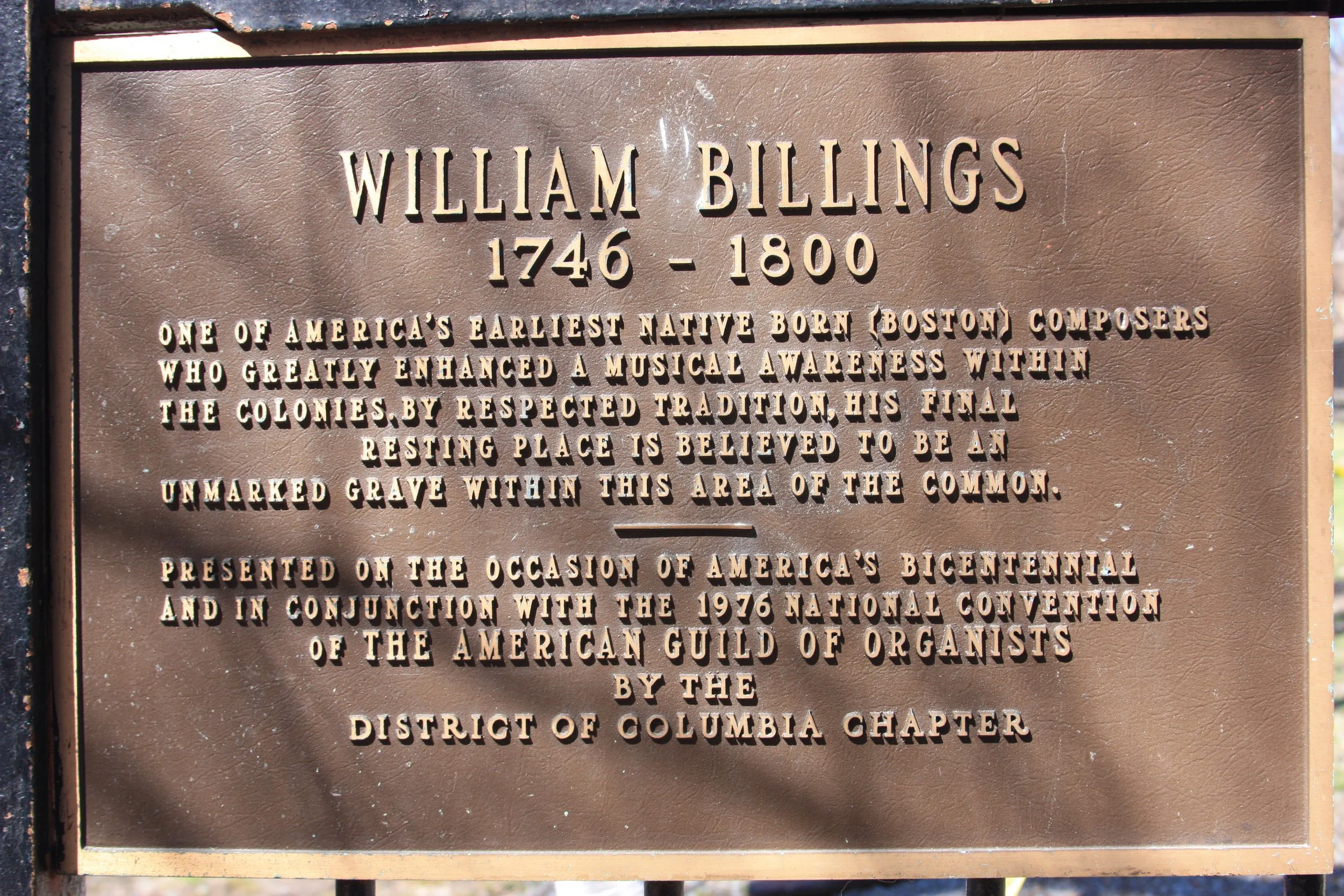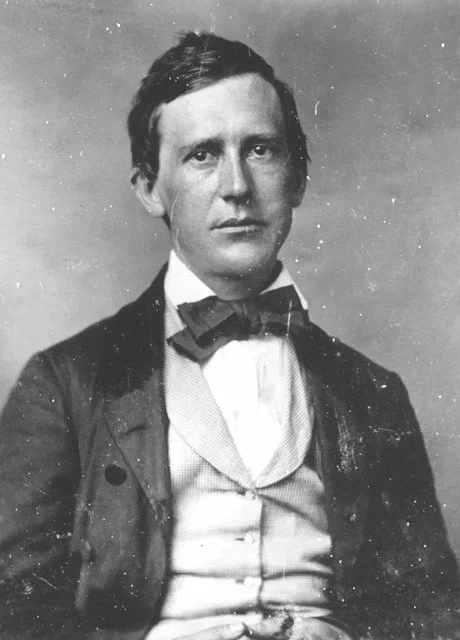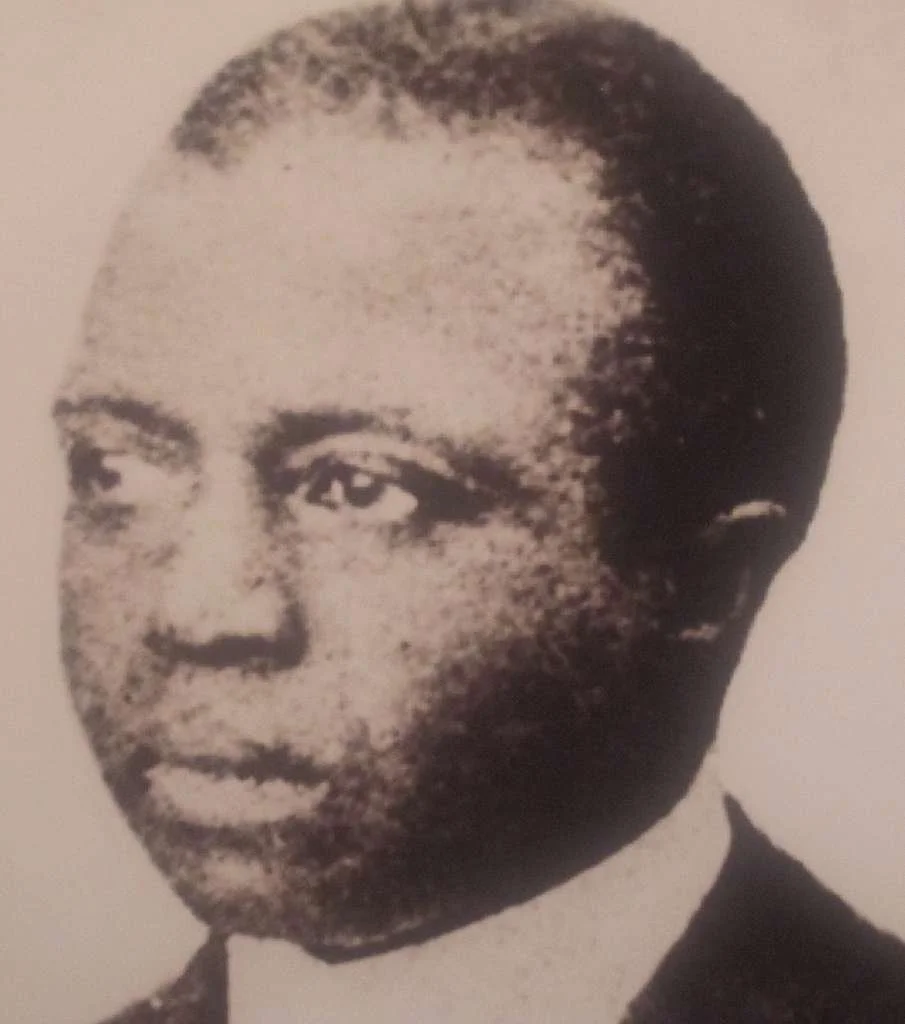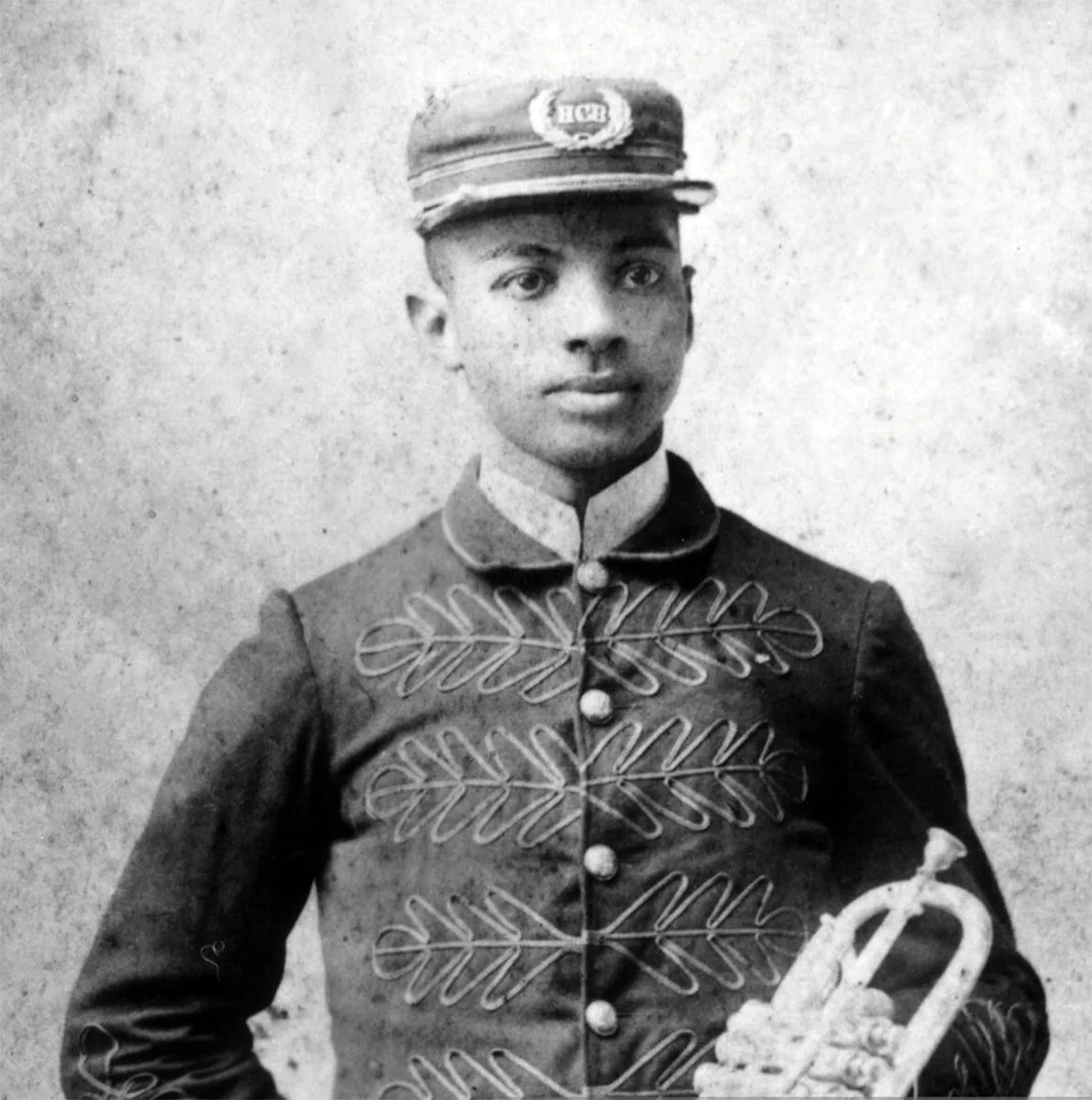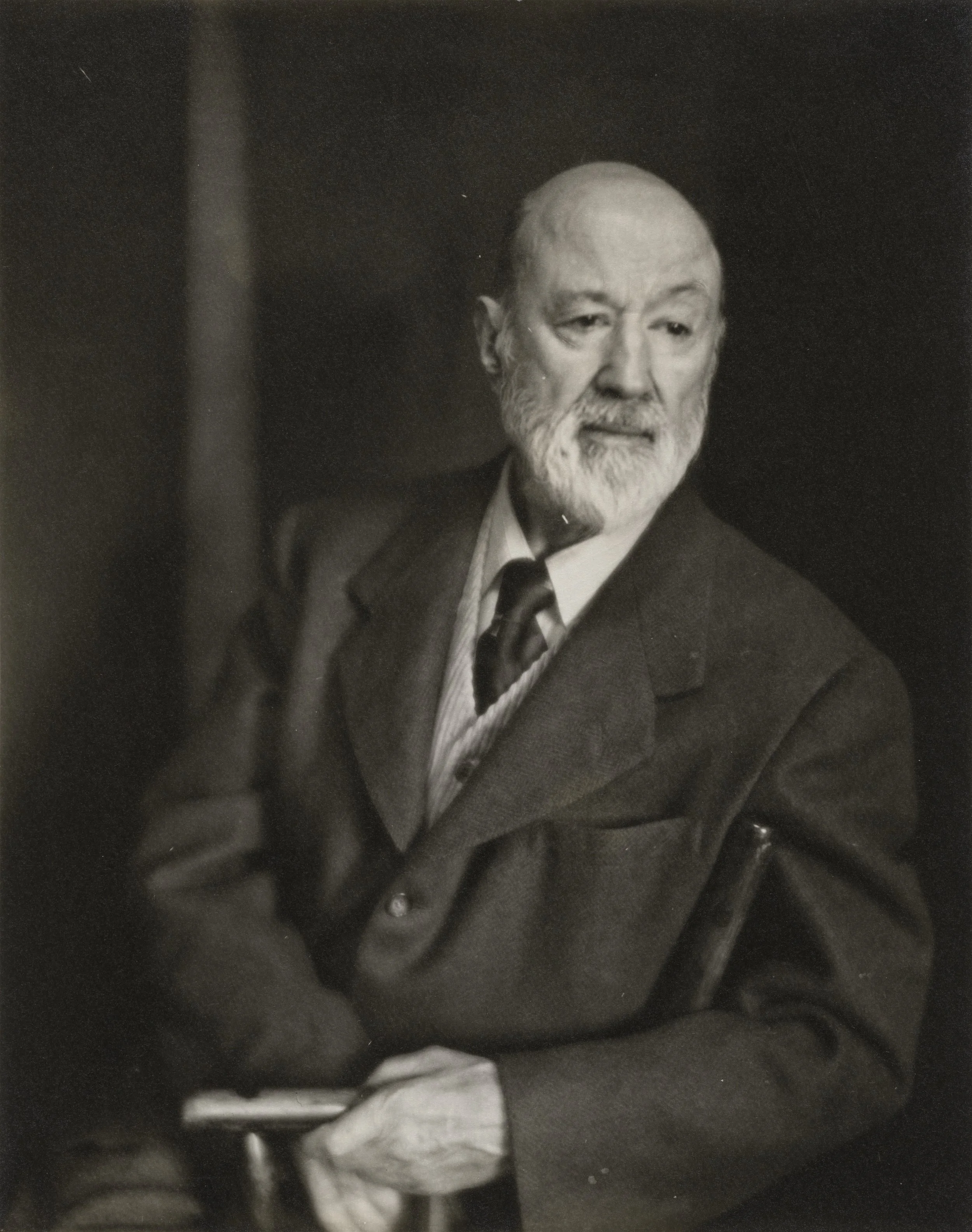Next to listening to music, the greatest pleasure is telling people about music
Join the revollution
〰️
Join the revollution 〰️
William Billings -
Perhaps the first great American composer. His choral music provided an essential backbone to the developing American sound.
Note: most of his pieces were given placeholder names of locations as opposed to reflecting the content of the piece.
Recommended pieces -
Africa
Chester
I am the Rose of Sharon
Lamentation over Boston
Stephen Foster -
A great songsmith, Foster wrote over 200 songs along with hymns and arrangements of other pieces. In his day, the form of popular music was as sheet music, sold as small booklets and performed in parlors at a piano, and in many is masterful songs evoke the camaraderie of this bygone era. In fact, civil rights advocate and former slave Frederick Douglas described Foster’s “My Old Kentucky Home”, among others, as “…heart songs, and the finest feelings of human nature are expressed in them,” going so far as to say it “…awakens sympathies for the slave, in which antislavery principles take root, grow, and flourish.”
Recommended pieces -
Oh, Susanna
Old Folks at Home
My Old Kentucky Home, Goodnight
Jeanie With the Light Brown Hair
For the Dear Old Flag I Die
Willie Has Gone to War
The Pure! the Bright! the Beautiful!
Beautiful Dreamer
Scott Joplin -
Most known as the inventor of Ragtime music, Joplin is probably the most important composer in the American tradition. Composing one of America’s first operas (The Guest of Honor), Joplin was one of many important African Americans who helped to change America’s perception Black culture. Though lost, his followup opera Treemonisha, which fused Black Folk melodies with European Classical traditions, it is an essential touch point for learning about the American tradition.
Recommended pieces -
The Maple Leaf Rag
Bethena
Wall Street Rag
Treemonisha (as arranged by Gunther Schuller)
W. C. Handy -
Sometimes called “The Father of the Blues”, it's perhaps more accurate (if less poetic) to call William Christopher Handy the man who popularized the Blues. Without him the American tradition would almost be non-existent, its natural dialect being “the blues scale” and its distinctive verbiages “blue notes”.
Handy discovered the Blues while exploring the American South. He heard a black man playing a distinct and unusual sound with the flat part of a knife. Later, while performing at a country dance he heard local musicians (lead by Prince Albert McCoy, a musician who we tragically know little about) playing a music he described as “haunting”. The music, powerful despite being deeply out of tune, forced Handy, and for that matter all of Western music, to reassess his conception of harmony.
Recommended pieces -
Memphis Blues
St. Louis Blues
Beale Street Blues
Charles Ives -
A modernist composer, Ives’ music, much like Vaughan Williams in England and Bartok in Hungary, helped facilitate the revival of interest in American Folk music.
But Ives was no mere arranger of folk music. His atonal compositions playfully mixed European Classical music and the vernacular music of his New England childhood with more avant-garde sounds into cascading walls of sound offer a more lighthearted version of atonal music.
Recommended pieces -
Variations on “America”
Symphony no. 3 - “The Camp Meeting”
Central Park in the Dark
The Unanswered Question
Emerson Concerto
A Symphony: New England Holidays
Three Places in New England
